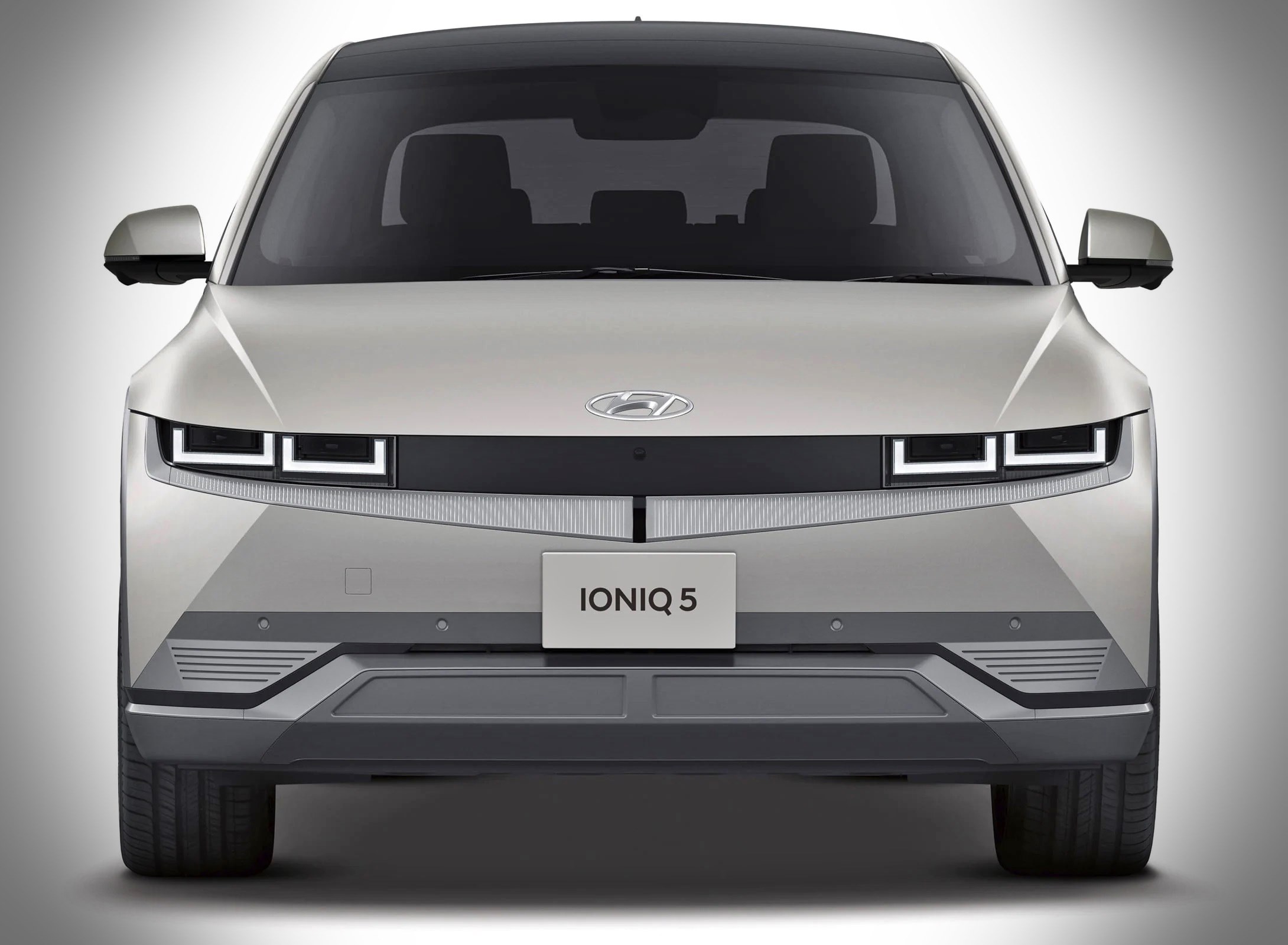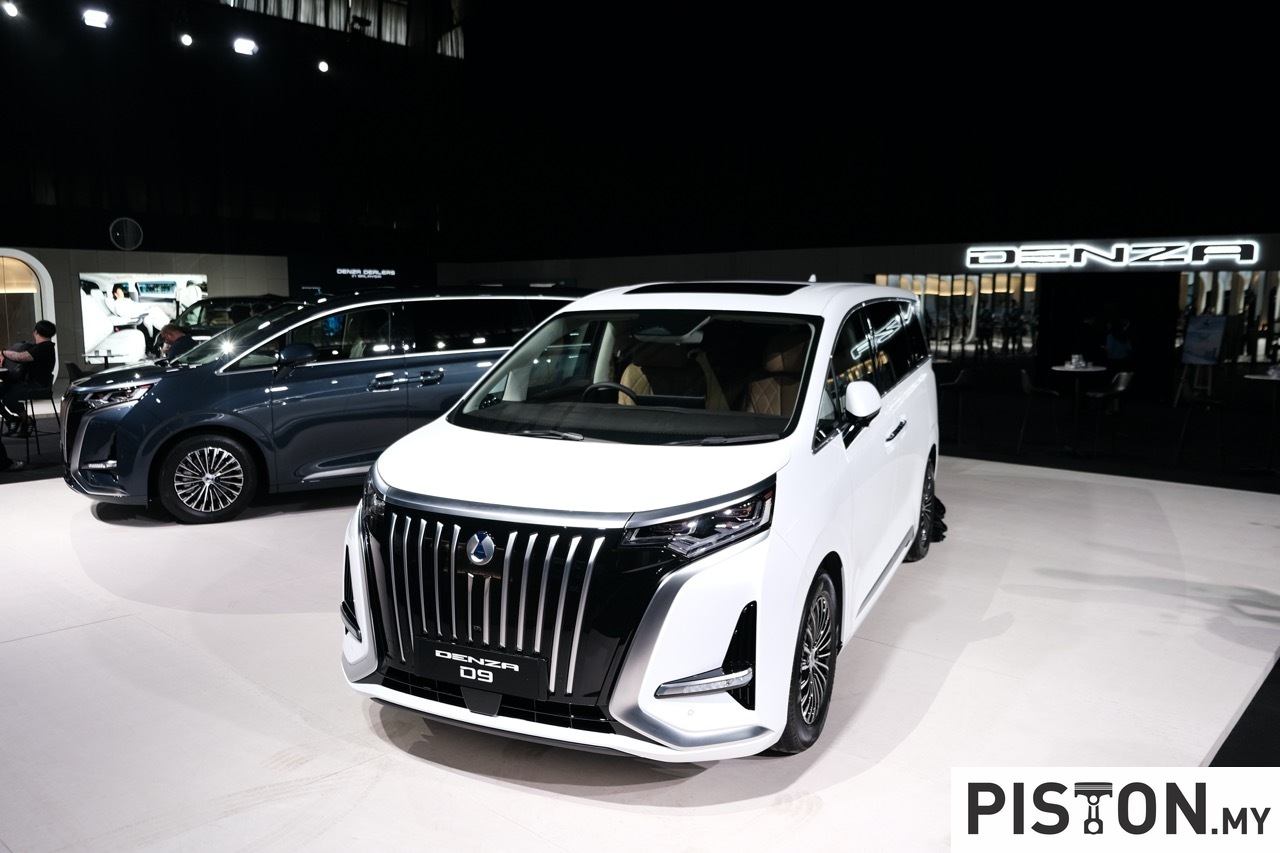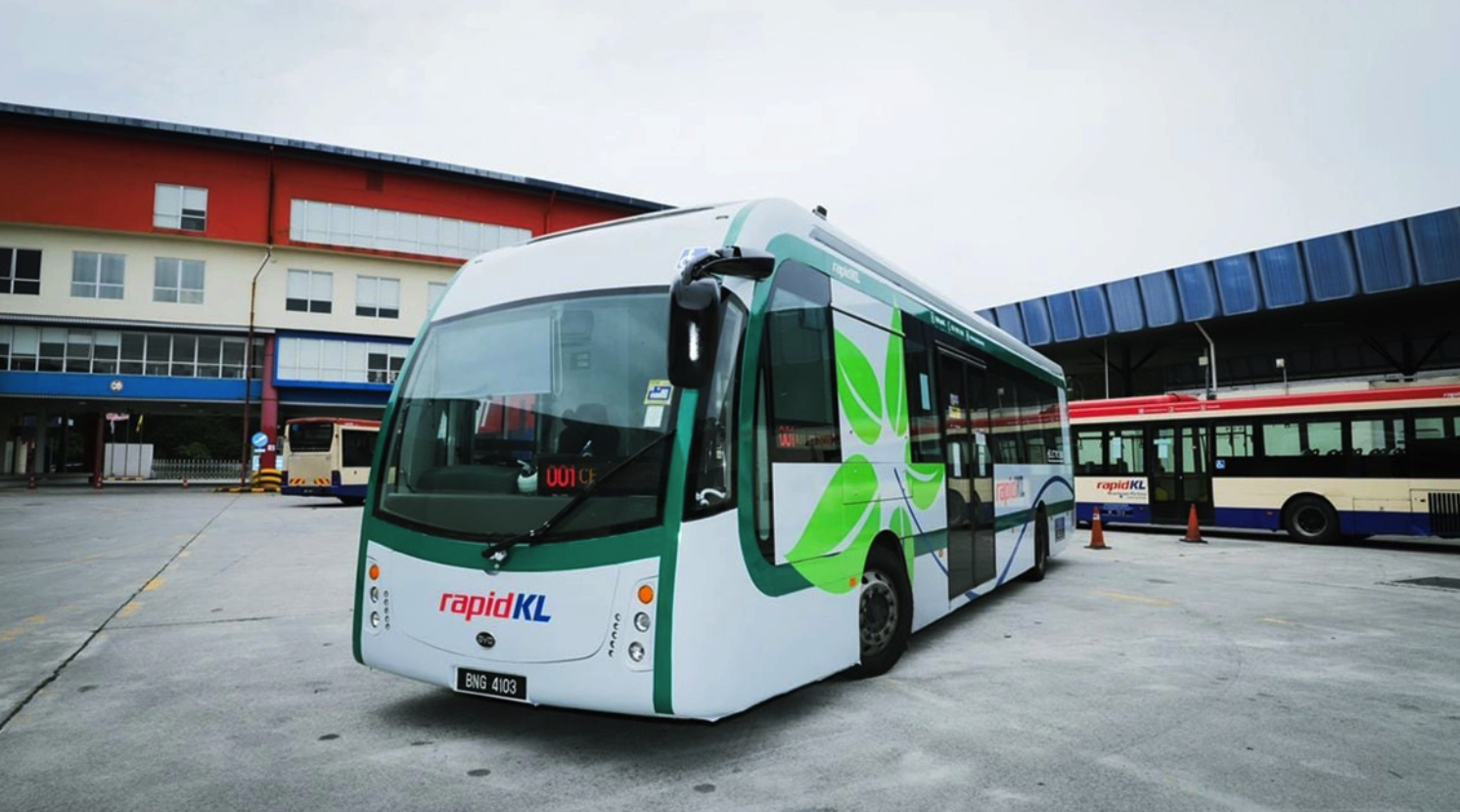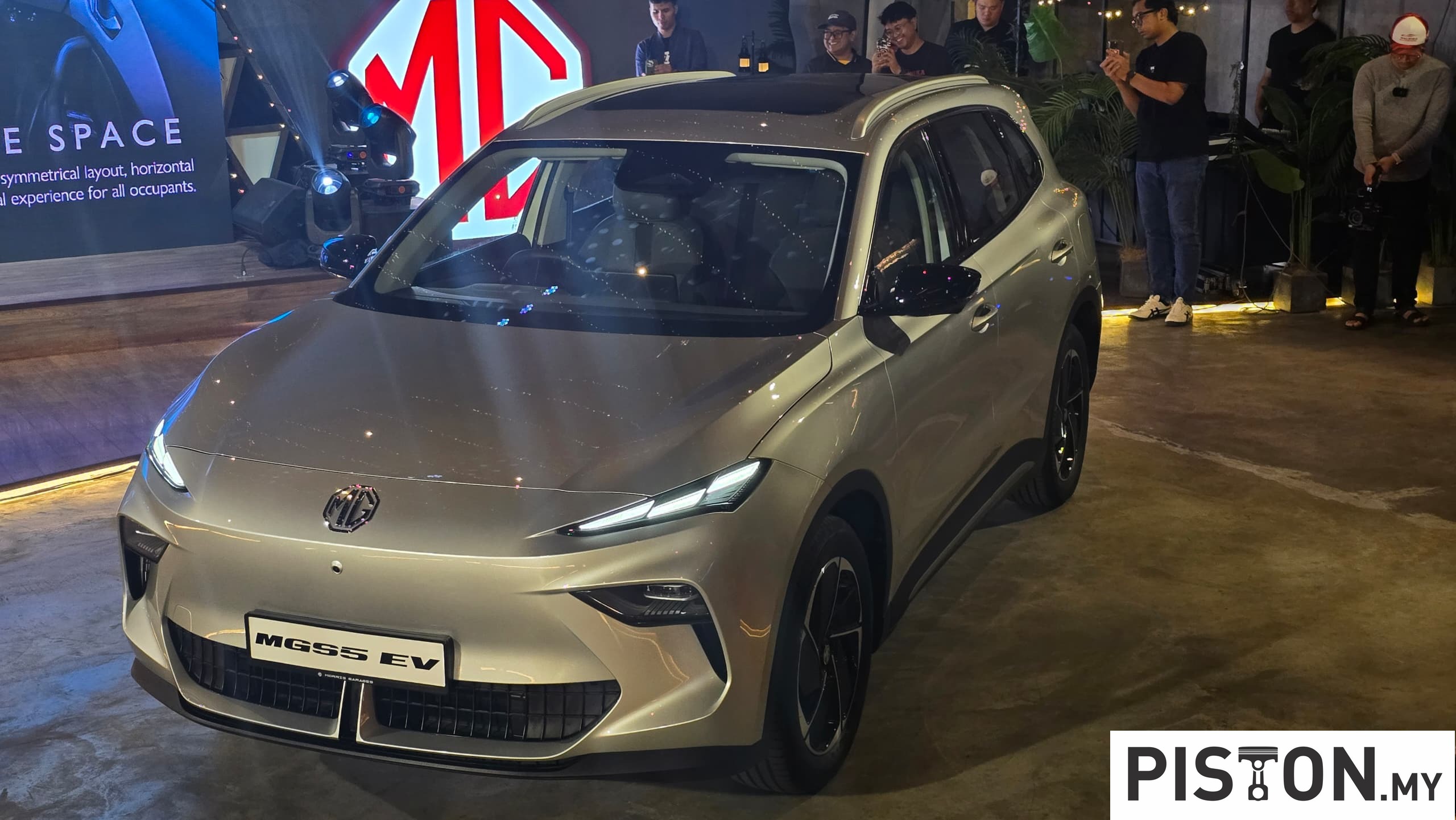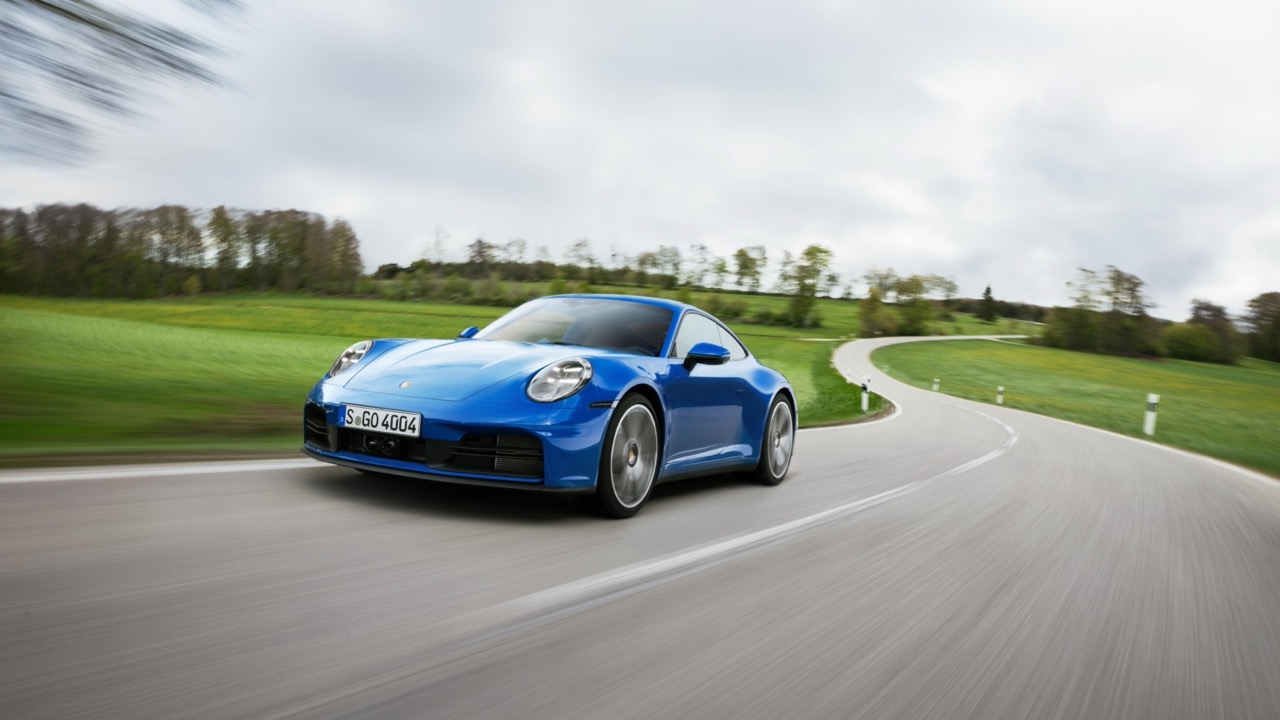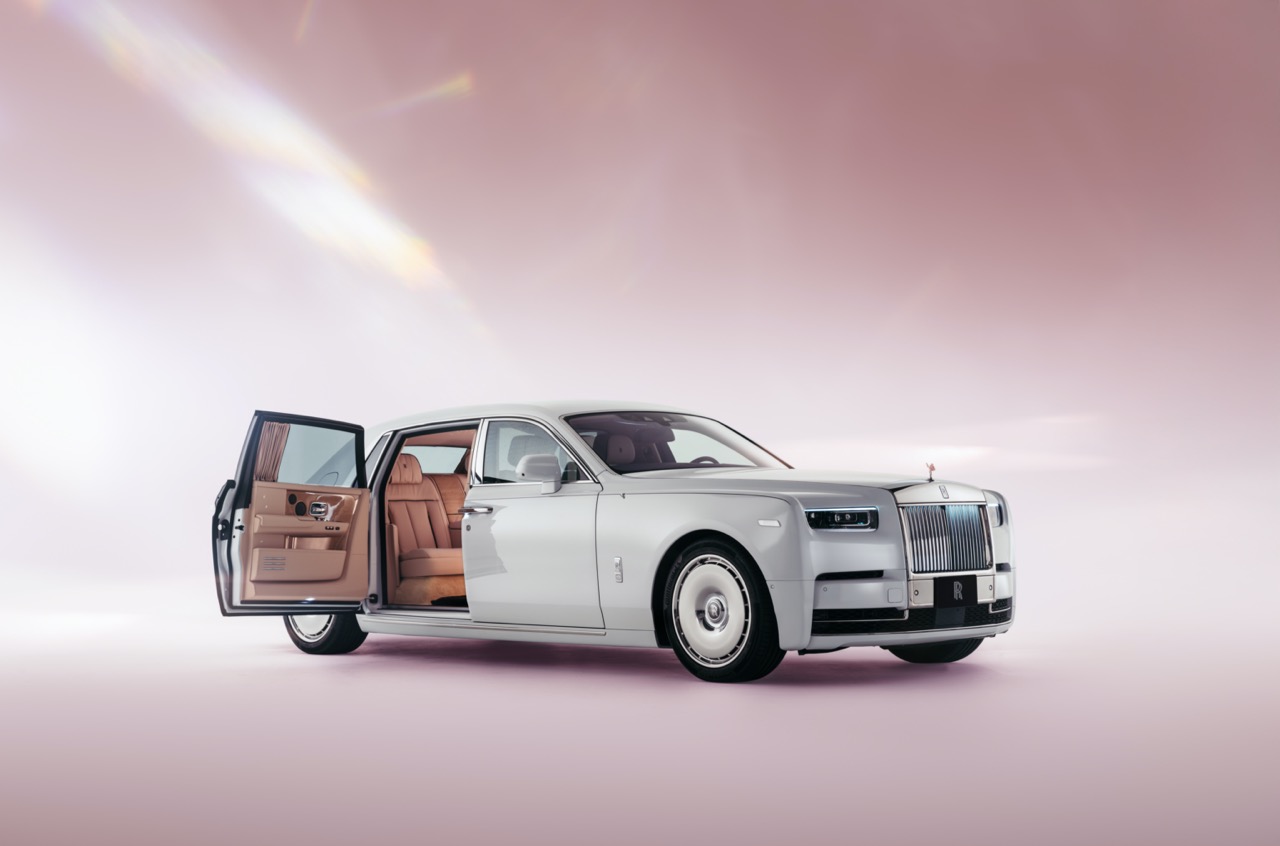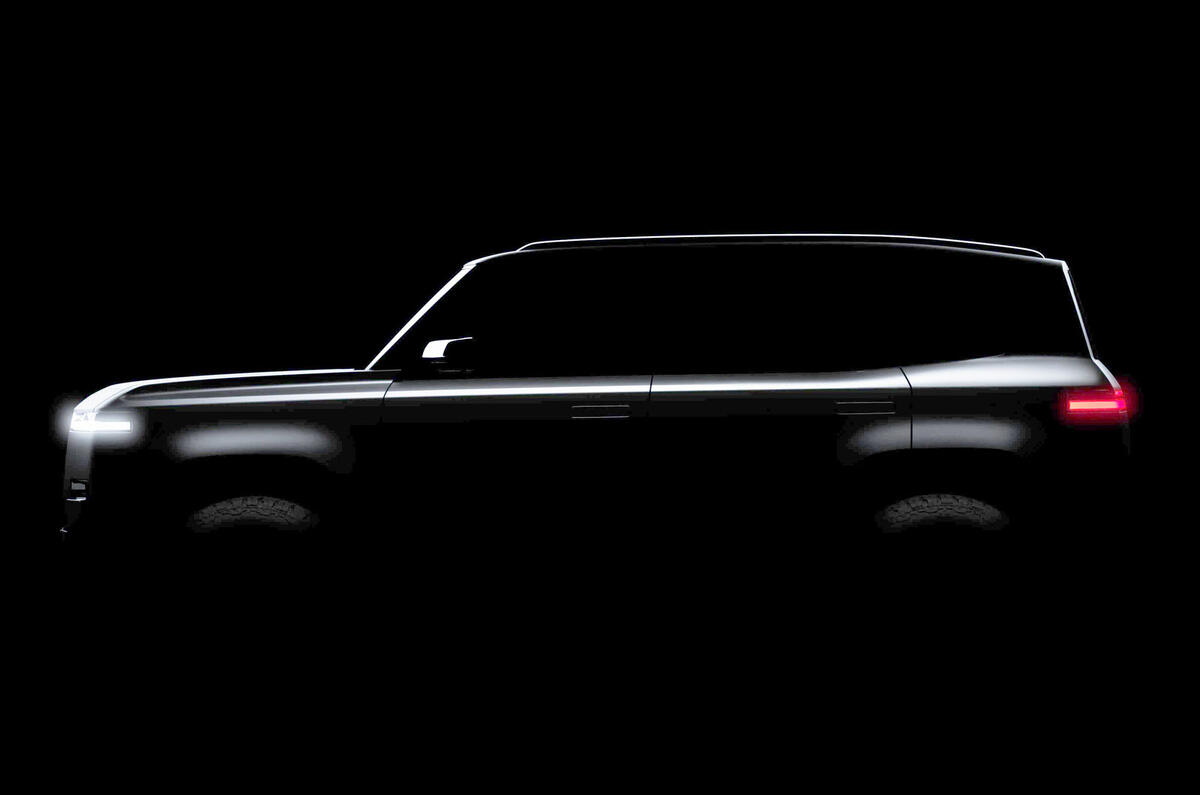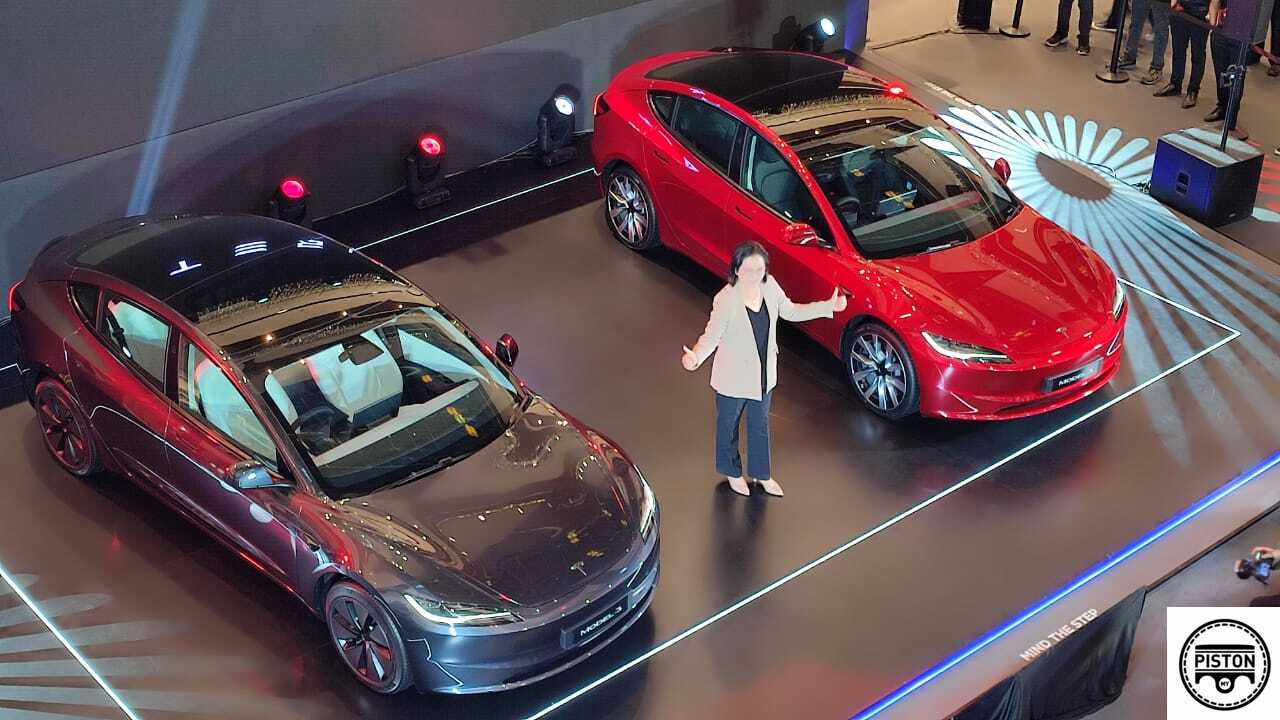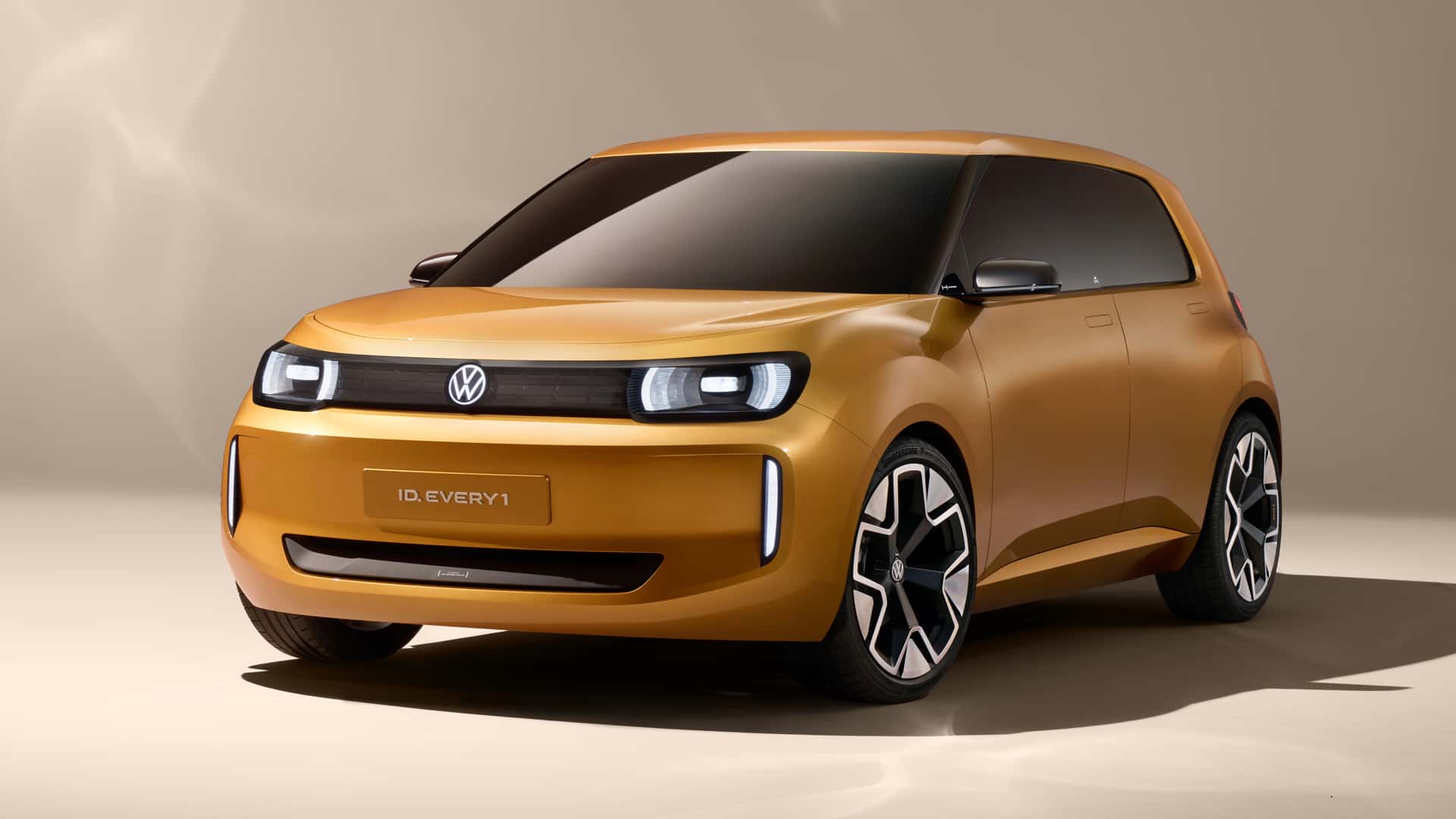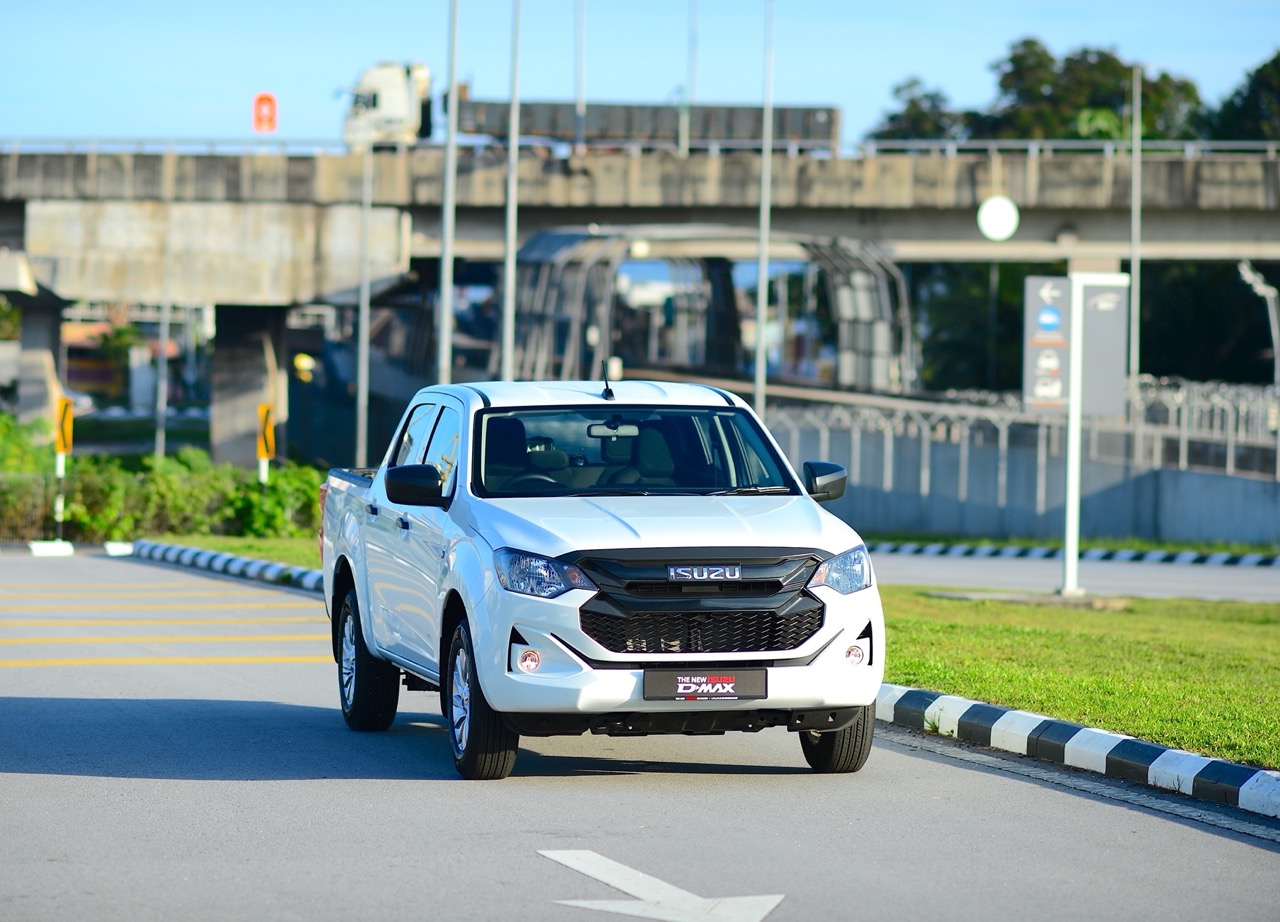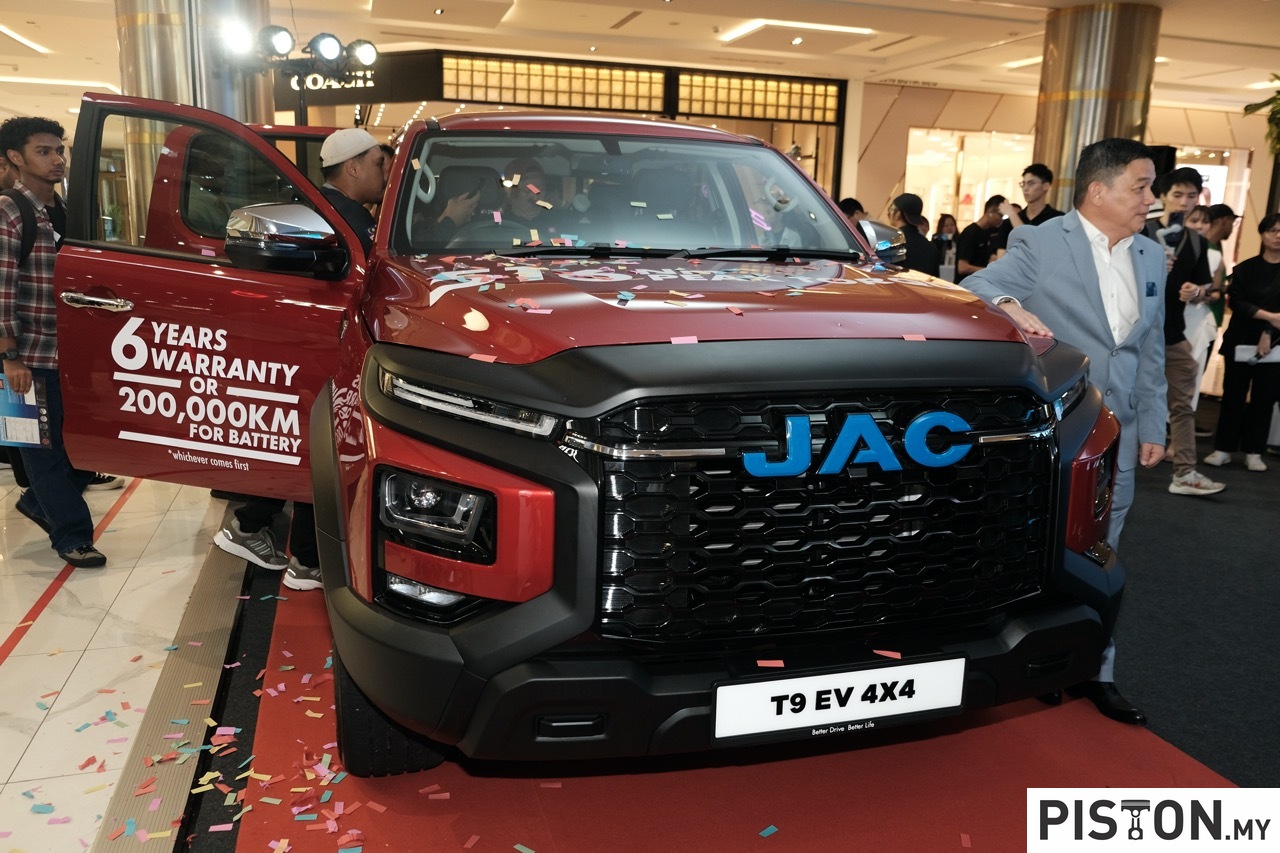Although Korean cars are becoming increasingly popular in major markets, including China, around the world, they have not penetrated the Japanese market and it is only this year that Hyundai Motor is returning to Japan. The company tried in 2001 and stayed for 8 years, pulling out after selling only 15,000 units.
It’s not a big market for imported makes as the total share for all foreign brands is only around 8%. With electrification growing, the Korean carmaker believes it now has products that will appeal more to Japanese consumers. Earlier this year, it launched the IONIQ 5 and hydrogen-fuelled NEXO EV. The latter model can be offered as Japan is steadily building a hydrogen refuelling network around the country.
Hyundai’s return seems to have been met more positively this time as the IONIQ 5 has been picked to be among the Best 11 Cars in the 2022-2023 Japan Car of The Year (JCOTY) program. There are 11 instead of the usual 10 because there was a tie. These are essentially the finalists from a list of nominees that had 48 models this year (the NEXO was included as well). It is probably the first time that Korean model is appearing in a JCOTY list as we can’t remember any other occasion in previous years.
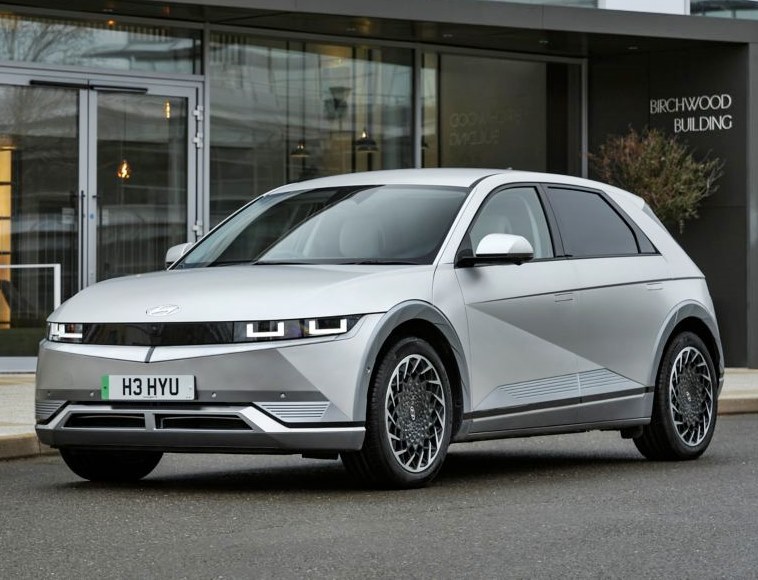
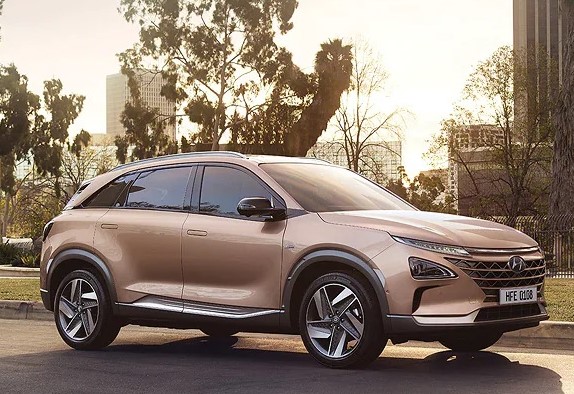
Of the 48 models, 30 were foreign brands and for some years now, the foreign brands also have a chance to win the overall title. Before, there was a separate award for ‘Best Import Car of the Year’ and the JCOTY title was only for Japanese brands. The first foreign model to win the overall award was the Volkswagen Golf 7 in the 2013-2014 JCOTY.
This year, among the Best 11 Cars, 4 models are from foreign brands – the BMW iX, Hyundai IONIQ5, Range Rover and Renault Arkana. The Japanese models are the Suzuki Alto, Nissan X-Trail, Nissan Fairlady Z, Mazda CX-60 e-SKYACTIV-D, Toyota Crown, Nissan Mitsubishi Sakura/eK, and Honda Civic e:HEV/Civic Type R.
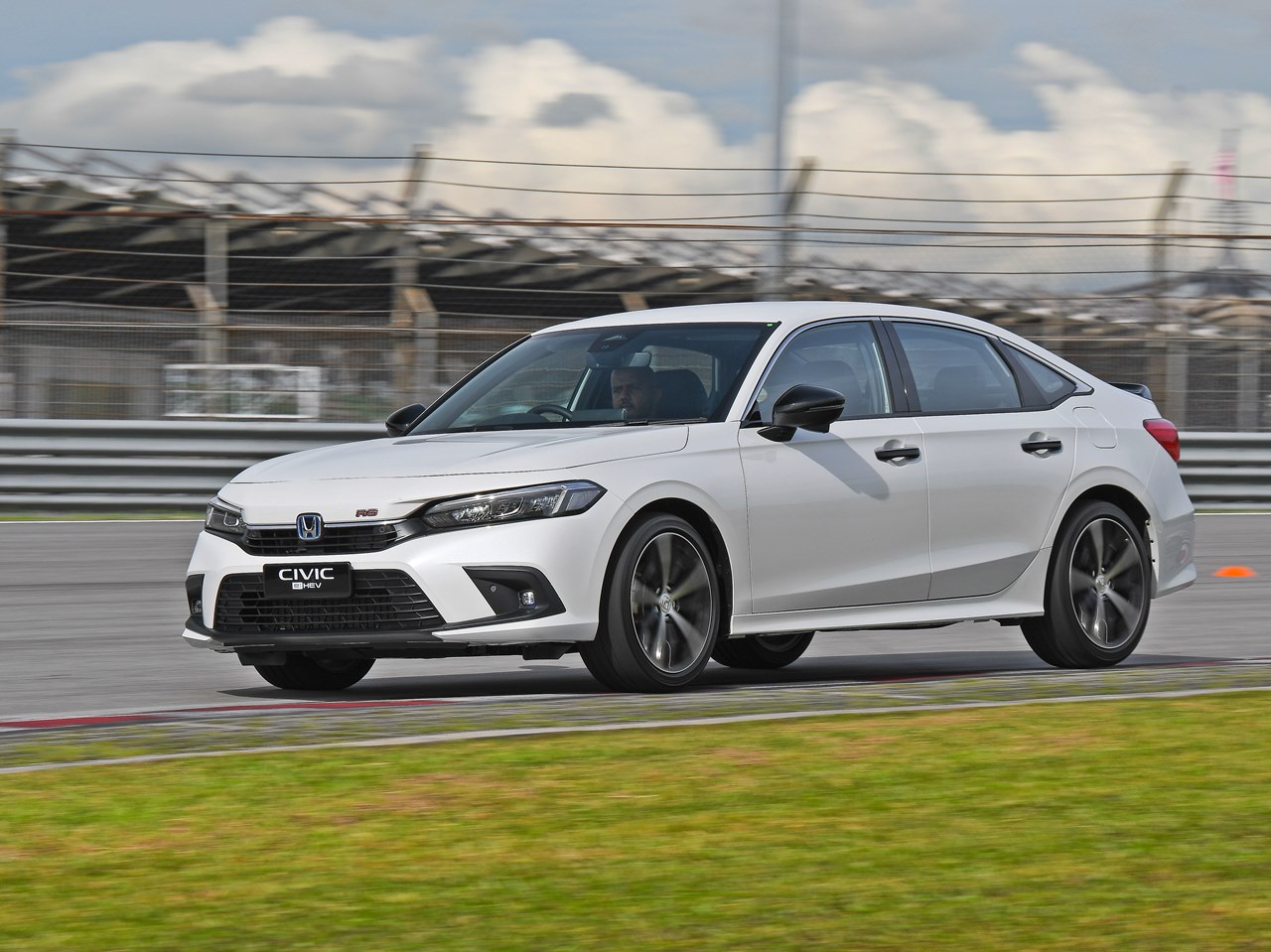
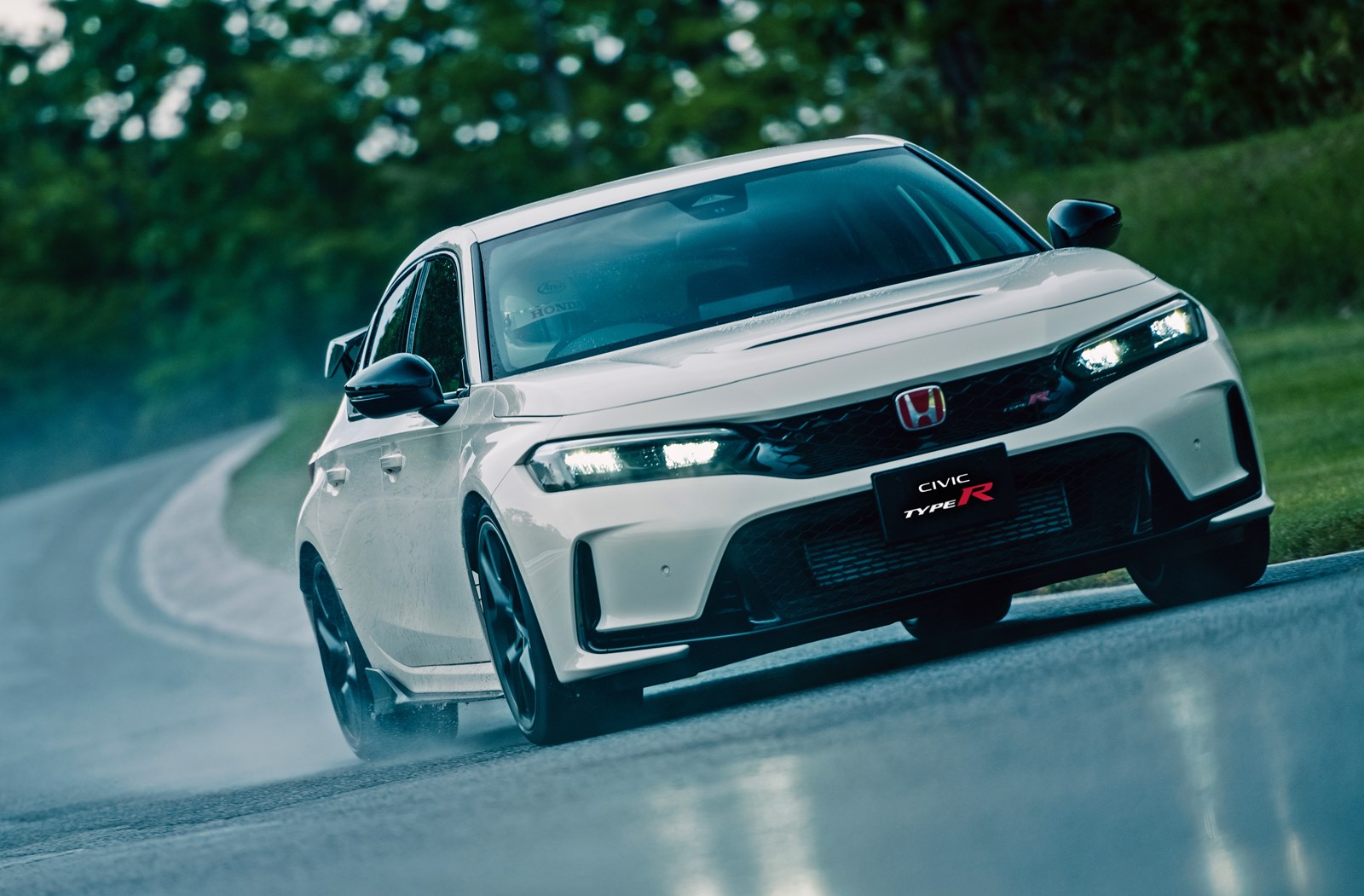
Now in its 43rd year, JCOTY is organized and managed by the Japan Car of the Year Executive Committee. Models which qualify for judging are those officially released in the Japanese domestic car market from November 1 of the previous year to October 31 of the current year.
Final assessment of the 11 models will be done by the 60 jury members at the Sodegaura Forest Raceway in the Chiba Prefecture on November 24. The winner will be announced during the afternoon of December 8, 2022.

PAST WINNERS
1980-1981: Mazda Familia (323)
1981-1982: Toyota Soarer
1982-1983: Mazda Capella (626)
1983-1984: Honda Civic
1984-1985: Toyota MR2
1985-1986: Honda Accord
1986-1987: Nissan Pulsar
1987-1988: Mitsubishi Galant
1988-1989: Nissan Silvia SX
1989-1990: Toyota Celsior (Lexus LS)
1990-1991: Mitsubishi Galant
1991-1992: Honda Civic
1992-1993: Nissan March
1993-1994: Honda Accord
1994-1995: Mitsubishi FTO
1995-1996: Honda Civic
1996-1997: Mitsubishi Galant
1997-1998: Toyota Prius
1998-1999: Toyota Altezza (Lexus IS250)
1999-2000: Toyota Vitz (Yaris)
2000-2001: Honda Civic
2001-2002: Honda Fit (Jazz)
2002-2003: Honda Accord
2003-2004: Subaru Legacy
2004-2005: Honda Legend
2005-2006: Mazda MX-5
2006-2007: Lexus LS460
2007-2008: Honda Fit (Jazz)
2008-2009: Toyota iQ
2009-2010: Toyota Prius
2010-2011: Honda CR-Z
2011-2012: Nissan LEAF
2012-2013: Mazda CX-5
2013-2014: Volkswagen Golf 7
2014-2015: Mazda2/Demio
2015-2016: Mazda MX5
2016-2017: Subaru Impreza
2017-2018: Volvo XC60
2018-2019: Volvo XC40
2019-2020: Toyota RAV4
2020-2021: Subaru Levorg
2021-2022: Nissan Note e-POWER




